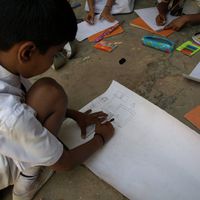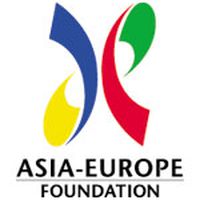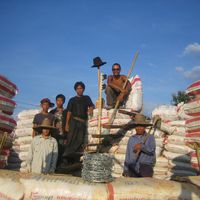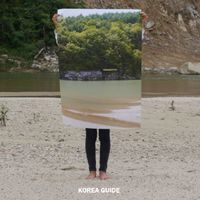Between art and environment: a Singaporean case study
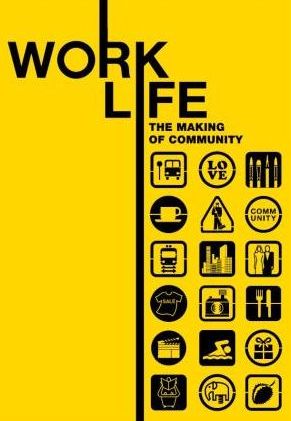 This case study is part of an Asia-Europe Foundation commissioned research project entitled “Linking the Arts to Environment and Sustainable Development Issues”. The concept behind this research was based on the observation that carefully documented case studies can not only provide inspiration for networking and collaboration between Asia and Europe but also aid policy making and planning. The selected researchers investigated initiatives of the culture sector as well as civil society organisations working on environmental issues. The complete list of 20 case studies from a selection of countries in Asia will be available to download online from the first half of 2012.
This case study is part of an Asia-Europe Foundation commissioned research project entitled “Linking the Arts to Environment and Sustainable Development Issues”. The concept behind this research was based on the observation that carefully documented case studies can not only provide inspiration for networking and collaboration between Asia and Europe but also aid policy making and planning. The selected researchers investigated initiatives of the culture sector as well as civil society organisations working on environmental issues. The complete list of 20 case studies from a selection of countries in Asia will be available to download online from the first half of 2012.The Making of a Community
The British Council, Singapore, brings together an assorted bunch, from experts to artists to the regular Joe, to build a sense of community through art.
[caption id="attachment_19671" align="alignnone" width="291" caption="WORK-LIFE forum"]
WORK-LIFE started off as two-day forum in Singapore held on the 5th and the 6th of March 2010 which brought together a team of sixteen leading artists from the United Kingdom, Singapore, New Zealand and Australia. The audience was made up of educators, artistes, community workers, and governmental (both local and national) representatives. The forum was a collaboration between the Theatre Training and Research Programme (TTRP), the British Council (BC), and the National Museum of Singapore, to create a special space in Singapore for the sharing of best practice, the discussion of key areas and the founding of future working relationships.
The group’s mission was to engage the community, to discuss, debate, and develop ideas on how art can be effectively and responsibly used to create greater understanding, tolerance and appreciation of community in an increasingly intercultural and environmentally unsustainable world.
The project was a result of British Council’s Creative Cities Project which explored new ways to improve the quality of life in urban communities by involving young professionals from diverse backgrounds. The project enabled them to acquire knowledge, skills and tools, and network so as to have a say in decisions affecting the environment they live in. Discussions covered a range of issues, including public spaces, arts and social activities, the contribution of creative industries to city development, and the role of cultural policy.
In developing this programme, the British Council held discussions with various groups of people within the community including experts & practitioners. Feedback from these focus groups brought attention to the lack of an information one-stop-shop; a similar response has been previously received from various communities that are currently facing social or ethnic or race or language or religious concerns.
A lesson learnt from these discussions was art’s raising popularity in bridge building attempts due to its unique ability to breakdown norms and push boundaries – especially in languages. Information gathered also alerted the British Council to the need for a suitable networking platform to generate healthy discussions. The organisation initiated and organised the forum after discussions with colleagues in the region. In fact, speakers to the forum were a result of consultation with colleagues in the region.
To better facilitate the requirements of the delegates to the forum and document the journey, a dedicated WORK-LIFE website was set up but due to an overwhelming response to the event this website now serves as a platform upon which to develop and nurture the dialogue the forum fostered. The project has now morphed into the CIVIC Life project engaging the community in artistic pursuit while opening up opportunity for experts to engage with a diverse audience.
This research was part of the Connect2Culture Art and Environment Programme and was commissioned in conjunction with the dossier: Arts. Environment. Sustainability. How can Culture Make a Difference?, available to download on ASEF's website.
Researcher
Wong Chong Wai Kenneth is based in Singapore and is passionate about serving the community and has a keen interest in environmental conversation. Kenneth had volunteered, participated in and organised several environmental initiatives in his local constituency, as well as on a national and international level.
Similar content
posted on
02 Apr 2012
posted on
17 Apr 2010
21 Feb 2012
By Kerrine Goh
14 Dec 2011
posted on
28 Aug 2015

